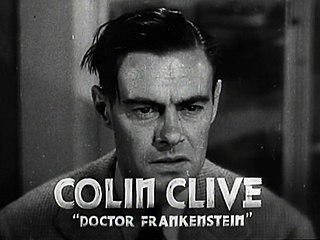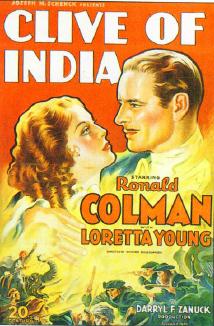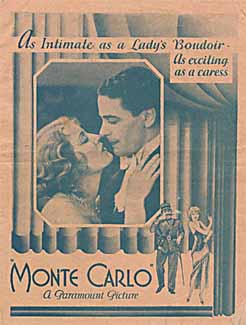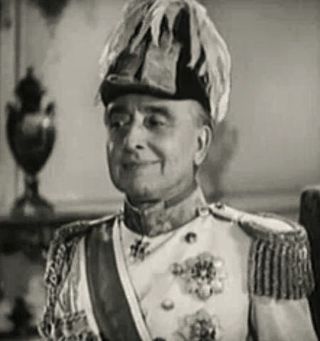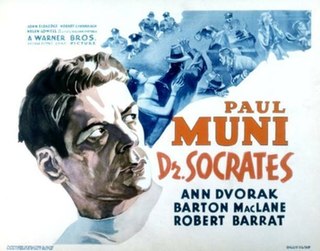Plot
In Monte Carlo, Paul Gaillard, an impoverished Russian exiled aristocrat, has a fabulous run of luck, breaking the bank at the baccarat table. His winnings, ten million francs, are so vast he needs a suitcase (which he brought with him) to carry away the banknotes. The management desperately tries to entice him to stay, strewing various signs of good luck (four-leaf clovers, a horseshoe, even a hunchback) in his path, to no avail. Even worse from their viewpoint, Paul is quoted in the newspapers advising people to stay away from Monte Carlo.
On the train, Paul encounters the beautiful Helen Berkeley when they share a table in the dining car. He overhears her and her male companion talking about Switzerland. In Paris, he goes to the Cafe Russe, where he shares the money with the staff. They scrimped and saved for ten years to build up their initial stake.
The next day, Paul and his servant Ivan take the train to Interlaken, Switzerland. By chance, Helen is mistakenly placed in Paul's compartment. He takes the opportunity to try to charm her, but is rebuffed. He is delighted, however, to learn that the man with her is her brother Bertrand. Paul pursues her with great persistence, and it finally pays off. They spend time together.
Then Helen confides that she is unhappy because she is going to marry a 63-year-old for money, not for herself, but for her brother, who needs 5 million francs. Paul offers her nearly 4 million, his share of the winnings. She does not accept, but asks him to spend a week with her in Monte Carlo. He agrees. It turns out she is a back street music hall performer who was hired to lure him back, but she cannot go through with it, having fallen in love with him. Too ashamed to face Paul again, she secretly departs for Paris. When he discovers she has vanished, he makes a bargain with her brother: he will get the money Bertrand supposedly needs desperately in return for his sister's location. Bertrand lies and tells him that she went to Monte Carlo. Helen runs into Bertrand at the train station and learns what he has done. She rushes to Monte Carlo.
Paul returns to the baccarat table. When Helen enters the club to try to stop him, she is intercepted by the management and kept a virtual prisoner. Paul loses nearly all his money, but then his luck changes and he goes on another winning streak and he is on the verge of breaking the bank again. However, he loses everything on the last bet. When Paul leaves, he sees Helen and Bertrand emerge from the manager's office; he congratulates them. He returns to work driving a taxi.
By chance, he takes a fare to a nightclub where Helen is performing. He dons his black tie and tails and goes inside. He dances one dance with Helen and pretends to still be fairly well off, before driving away. Helen chases after him in another taxi, finally catching up with him at the Cafe Russe. When she discovers he is the driver, not a passenger, she is ecstatic. Now that he is poor, she can tell him that she loves him. They embrace. Then he takes her inside the closed Cafe Russe, where he and the staff, Russian nobility like him, are privately celebrating the late Czar Nicholas II's birthday in a grand manner.
Reception
Andre Sennwald, critic for The New York Times , was unimpressed, writing, "Commonplace in its plot workings and meager in gayety, the film misuses a promising comic idea." [1] While he appreciated the performances of Colman, Clive and Bruce, he found that "Miss Bennett, to put it politely, is pretty badly miscast, her wooden charm and vocal monotony having almost nothing to do with the lady of mystery that she is pretending to be." [1]
Writing for The Spectator in 1936, Graham Greene gave the film a tepid review, describing it as "a mildly agreeable comedy", and characterizing Ronald Colman as "an excellent director's dummy" and "an almost perfect actor for the fictional screen". Green's criticism of the film came mainly from the plotline involving the White Russians. According to Green, "I can never appreciate the pathos of princes who have become taxi-drivers and drink coffee essence instead of champagne; unlike other taxi-drivers they have had their champagne". [2]

